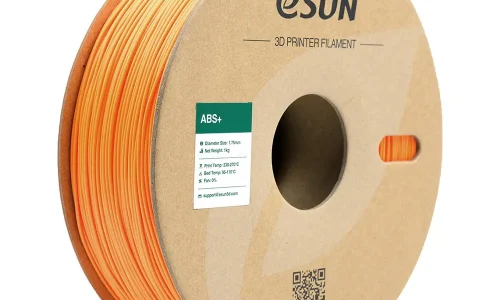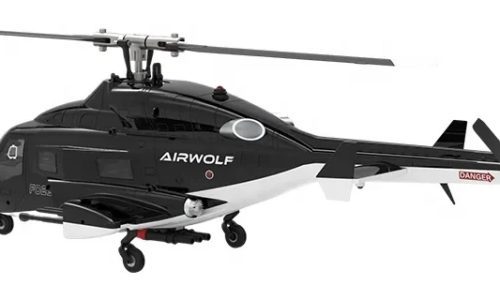Introduction
If you’re managing a dental clinic, you know that every piece of equipment plays a crucial role in delivering top-notch patient care. Among these, the dental compressor is a silent yet vital player. This article will guide you through the top 10 dental compressors available today, helping you find the one that best fits your clinic’s needs.
What is a Dental Compressor?
Definition and Purpose
A Dental Compressor, often referred to as a dental air compressor, is an essential tool in modern dentistry. It provides a continuous supply of compressed air for various dental procedures, including powering handpieces, scalers, and other pneumatic tools. This air must be clean, dry, and free of oil to ensure optimal performance and patient safety.
Key Components
The main components of a dental compressor include the motor, compressor, cooler, filter, air tank, and control system. Each part works in unison to provide stable, high-pressure air crucial for dental equipment operation.
Why Dental Compressors are Essential
Role in Dental Procedures
Dental compressors power a range of tools used in procedures from simple cleanings to complex surgeries. Without a reliable compressor, maintaining the necessary air pressure for these tools becomes challenging, which can impact the efficiency and effectiveness of dental treatments.
Importance of Clean, Oil-Free Air
Compressed air in dental practices must be free from contaminants to avoid harming patient health. Oil-free air compressors prevent potential health issues associated with inhaling oil-containing air, and they also protect sensitive dental equipment from damage.
Key Features to Look for in a Dental Compressor
Superior Efficiency and Performance
A good dental compressor ensures a steady supply of clean, dry, and oil-free air. Advanced technology helps maintain stable air pressure, which is crucial for the smooth operation of dental instruments.
Durability and Reliability
Quality dental compressors are built to last. They use high-quality materials and advanced technology to meet the demands of a busy clinic, reducing the need for frequent repairs and downtime.
Quiet Operation
Minimizing noise is essential for creating a comfortable environment for both patients and staff. A quiet dental compressor contributes to a more relaxing experience in the clinic.
Advanced Infection Control and Certification
Look for compressors with advanced filtration systems to ensure the air used in procedures is contaminant-free. Certifications like FDA and CE indicate that the compressor meets high safety and performance standards.
Top 10 Dental Compressors
- Model A
Overview: Model A is renowned for its high efficiency and reliability. It features a robust build and state-of-the-art filtration.
Pros and Cons: While it offers excellent performance and durability, its higher price point may be a consideration for smaller clinics.
- Model B
Overview: Known for its quiet operation, Model B is perfect for maintaining a calm clinic environment.
Pros and Cons: Although slightly less efficient compared to others, its noise reduction capabilities make it a great choice for patient comfort.
- Model C
Overview: Model C combines advanced technology with a compact design, making it suitable for space-constrained clinics.
Pros and Cons: Its size is an advantage, but it may not be as durable as larger models.
- Model D
Overview: Model D excels in energy efficiency and comes with a long warranty period.
Pros and Cons: The initial cost is higher, but the energy savings and extended warranty provide value over time.
- Model E
Overview: With its sleek design and reliable performance, Model E is a favorite among many dental professionals.
Pros and Cons: It offers a good balance of features but lacks some advanced filtration options.
- Model F
Overview: Model F is designed for high-volume practices with its robust and durable build.
Pros and Cons: It’s built for longevity but can be quite noisy compared to other models.
- Model G
Overview: Featuring top-notch infection control, Model G is ideal for clinics with strict hygiene standards.
Pros and Cons: Its advanced filtration system is excellent, but it comes at a premium price.
- Model H
Overview: Model H offers a blend of quiet operation and efficient performance, making it suitable for busy environments.
Pros and Cons: The trade-off is a slightly higher maintenance requirement.
- Model I
Overview: Model I stands out for its user-friendly controls and maintenance alerts.
Pros and Cons: While it’s easy to use, the build quality is not as high as some of the more expensive options.
- Model J
Overview: Model J is a cost-effective solution with solid performance and good filtration capabilities.
Pros and Cons: It’s budget-friendly but may lack some of the advanced features of more expensive models.
How to Choose the Right Dental Compressor for Your Clinic
Assessing Your Clinic’s Needs
Consider the size of your practice, the volume of patients, and specific requirements such as space constraints or noise levels. Understanding these needs will help narrow down the options.
Comparing Features and Specifications
Evaluate the compressors based on key features like efficiency, noise levels, durability, and infection control. Compare these against your clinic’s requirements to make an informed decision.
Conclusion
Choosing the right dental compressor is crucial for the smooth operation of your clinic. By understanding the key features and evaluating the top models available, you can ensure that you invest in a compressor that meets your needs and provides reliable performance. Remember, a good dental compressor enhances both patient experience and treatment efficiency.


